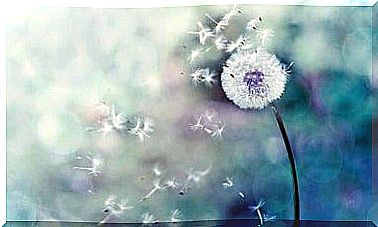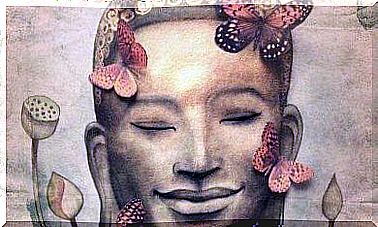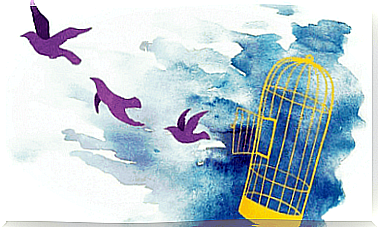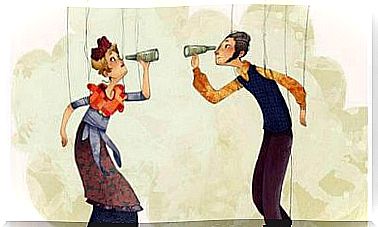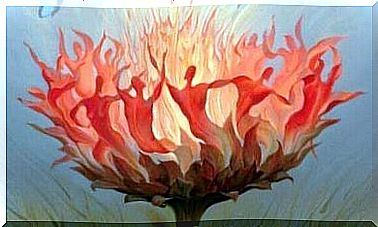Vital Elan: The Force That Drives Us
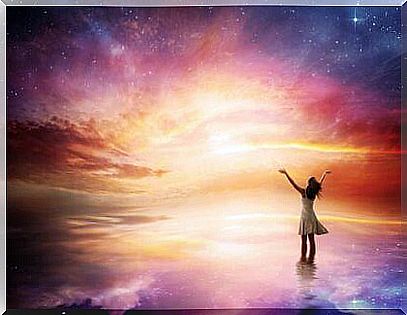
Who has never seen the roots of potatoes stored at home grow? They were neither planted nor cultivated, but even without more favorable conditions, they continue to fight for their survival, for their life cycle, for their development… This is the vital impulse or the vital elan, a concept of the French philosopher Henri Bergson in his work “The creative evolution”, which we will talk about below.
The vital elan is a conceptualization of the life force that allows all living organisms to adapt to the situations that life puts in their path. Carl Rogers referred to this as an update trend, and Ralph Waldo Emerson called it a life force. As we can see, different authors over time used different concepts to talk about this.
Perception and Henri Bergson
The vital elan is the impulse that gave rise to the evolution of living beings and that forced their development and evolution. A force that would have a lot to do with our perception of time, and specifically, with the way we perceive the present according to Bergson.
For this author, space is neither external nor objective, just as time is neither internal nor subjective. The only thing that exists is the present, which is unified in the perception that comes from the life force of each individual. Furthermore, this idea is used in the field of psychiatry to deal with perceptual distortions in some disorders such as schizophrenia, in which the perceptive unit is broken.
Bergson defended the idea that this vital force cannot come from reason. In fact, he says that intelligence deviates from the view of time and does not allow for creation. On the contrary, reason would be at the service of this vital impulse or vital elan. Reason is linked to life, but it is not life itself.

Carl Rogers and the update trend
Rogers argued that the most important human motivation is self-actualization. Motivation or impulse is intrinsic to every living being and manifests itself through emotions. This innate tendency to develop all the potential is to guarantee the conservation and enrichment of each living being.
In reality, it is a latent ability to understand oneself and develop the efficiency we need to act appropriately and obtain the satisfaction that this implies.
According to this idea, the human being is in a continuous process of improvement, growth and change. The vital elan is the impulse that generates the effort for people to self-actualize. In short, it is the force that makes us seek happiness.
We are the ones who know
Rogers also defended that each person and each organism knows what suits them and the directions for developing their full potential. It is true that some favorable conditions are necessary for this, but they are not the same for everyone. In this way, each of us would intuitively know how to fully develop as people.
The therapeutic intervention that Rogers developed as a result of this vital elan theory or updating tendency was to see the therapist as an escort. It helps the individual while adapting its resources to meet the needs that each situation requires. In fact, it would be a support for each one to organize and find the path to its realization.

The potentials are unique
According to everything that was exposed, the human being would be destined to develop in different ways according to his own nature. Unlike a flower, the potential of each of us is unique and unique.
Rogers believed that human beings are basically good and creative. They become destructive when your self-concept is deficient or some external constraint interferes with the development process.
This is because, for self-realization to occur, a person must reach a state of coherence. In this way, the self-realization to which this vital force leads us occurs when the “ideal self” is coherent with its self-image.
All these theories about the vital impulse, the updating tendency or the vital force that some authors have defended refer to the fact that it is this impulse that leads to the construction of trust in human beings, and the basis on which it is built, little by little, emotional education.

